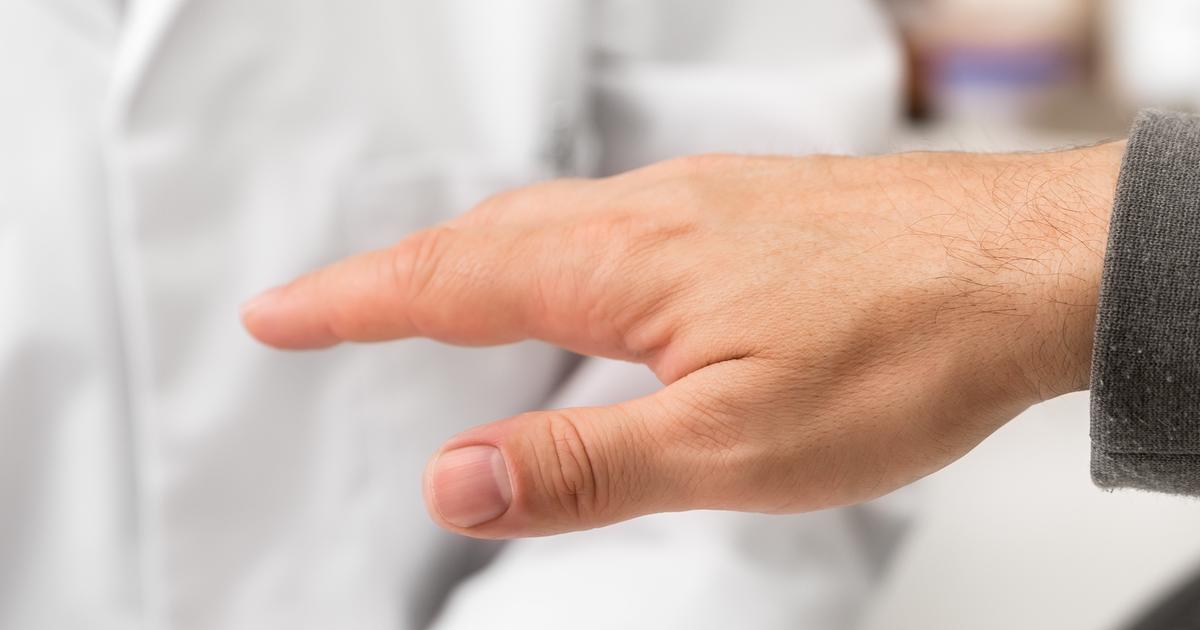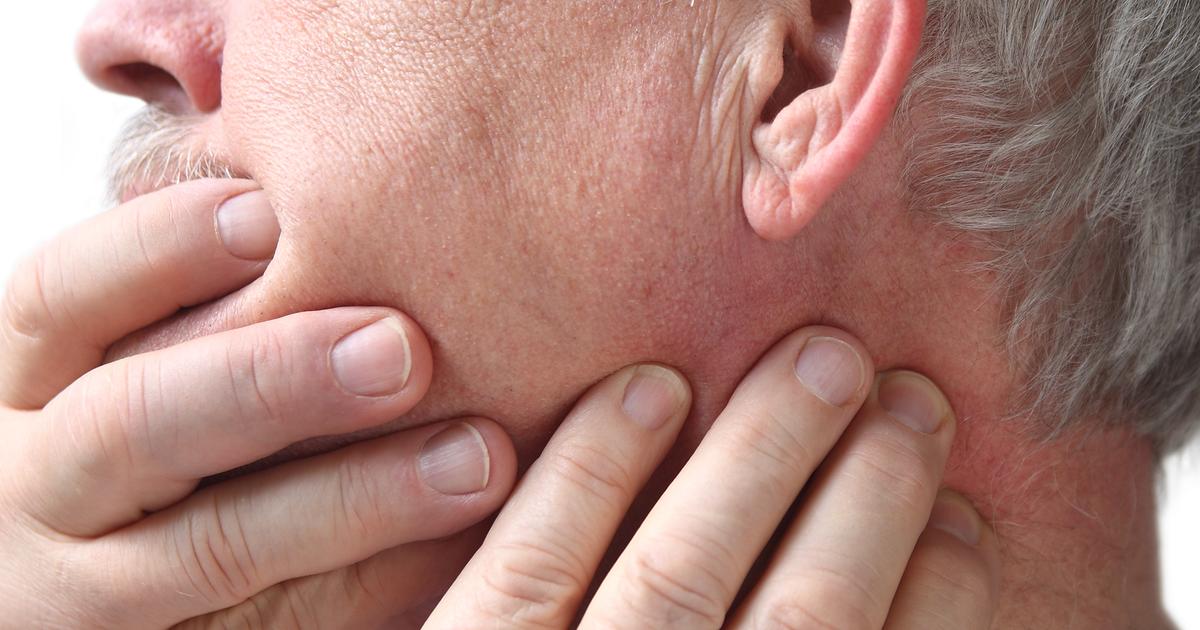15 Lesser-Known Signs That May Point to Parkinson’s Disease
Parkinson's disease is a prevalent neurological movement disorder that arises from a deficiency in dopamine, a critical neurotransmitter that facilitates communication between nerve cells in the brain. This deficiency can result from genetic predisposition, environmental toxin exposure, or idiopathic causes. Parkinson's is more common in men than women and primarily affects individuals over the age of 60. While there is no known cure for the condition, early detection and a tailored treatment plan—including physical and neurological examinations, imaging techniques such as MRI, fMRI, PET, and DaTscan, and trial medications — can significantly alleviate symptoms and improve quality of life. Beyond the commonly recognized motor symptoms, Parkinson’s disease can present with a range of unexpected signs that are crucial for early identification and intervention. We've expanded our list to delve into 15 lesser-known symptoms of Parkinson’s disease that should never be overlooked.
1. Tremors

A tremor is an uncontrollable and unintentional movement in a rhythmic motion of one limb or one part of an individual's body. Muscle twitches and muscle spasms are not the same symptoms as a tremor. An involuntary contraction of a muscle is a muscle spasm, and the uncontrolled movement of a small region of a muscle is referred to as a muscle twitch. Two different types of tremors may occur. Resting tremor occurs when an individual is at rest, and an action tremor occurs during targeted movements. The most common category of tremors to occur in Parkinson's disease patients is referred to as a parkinsonian tremor. Parkinsonian tremor is one caused by damage to the section of the individual's brain responsible for the control of movements. Parkinsonian tremor is considered to be a resting tremor and typically initiates on one side or in one limb of a patient's body. Eventually, the tremor moves to the other limbs or side of the body as Parkinson's disease progresses.
2. Muscle Stiffness

Muscle stiffness and rigidity are terms used to describe when an individual has difficulty moving their muscles after rest and has a tight feeling in their muscles. Muscle stiffness is commonly accompanied by muscle cramping, muscle pains, and muscle discomfort. In Parkinson's disease patients, muscle stiffness can be unilateral or bilateral. Muscle stiffness can also result in a moderately reduced range of motion. A common characteristic seen in individuals affected by Parkinson's disease is a decreased arm swing when walking caused by muscle stiffness. Facial masking is also a common occurrence in affected individuals, where the stiffness of the facial muscles produces a mask-like appearance. A patient with this symptom may also find it challenging to pivot or turn when they are getting out of a sitting position or walking. Muscle stiffness is one of the three main signs a physician will look for in a patient to make a diagnosis of Parkinson's disease. Between ninety and ninety-nine percent of all Parkinson's disease patients experience muscle stiffness.
